HACKATHON
DATA < > MATERIALS
25-26 October 2019
Polifactory, building B3
via Candiani 72 – Campus Bovisa
“DATA < > MATERIALS” is a two-day Hackathon dealing with Bio-based materials, Digital Manufacturing, Speculative Design, Smart and Interactive Artifacts. The event will start on October 25th at 9 am, and end on October 26th at 7 pm, at Polifactory, building B3, via Candiani 72 – Campus Bovisa.
The participants will experiment with bioplastics, sensors, and Arduino to produce interactive material prototypes able to sense and respond to data, starting from a future scenario. They will pick their own sensor, actuators and scenario! Participants will be split into working groups entailing different skills.
The InDATA team wants to thank all who have applied!
We have received a lot of applications. More than 50!
Participants have been selected, therefore tuned to new more about our outcome!
When data meets digital manufacturing technologies it nurtures the construction of smart material systems. We leverage such ability to enable envisioning and prototyping.
We materialized hybrid materials in the form of prototypes and experimental demonstrators in order to explore both the technological potentialities and the limitations of using bio-materials!
Clearly, with a speculative design approach.
The activities started by problematizing and contextualizing possible materials in a social, environmental and ethical future dimension. The purpose was thinking and envisioning potential applications.
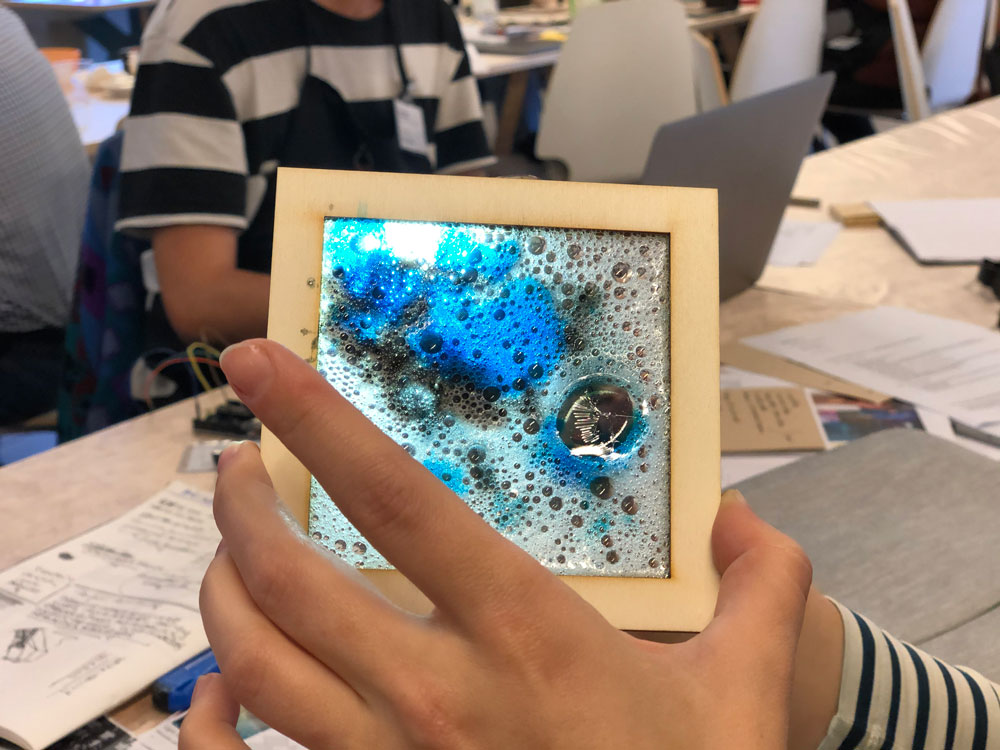
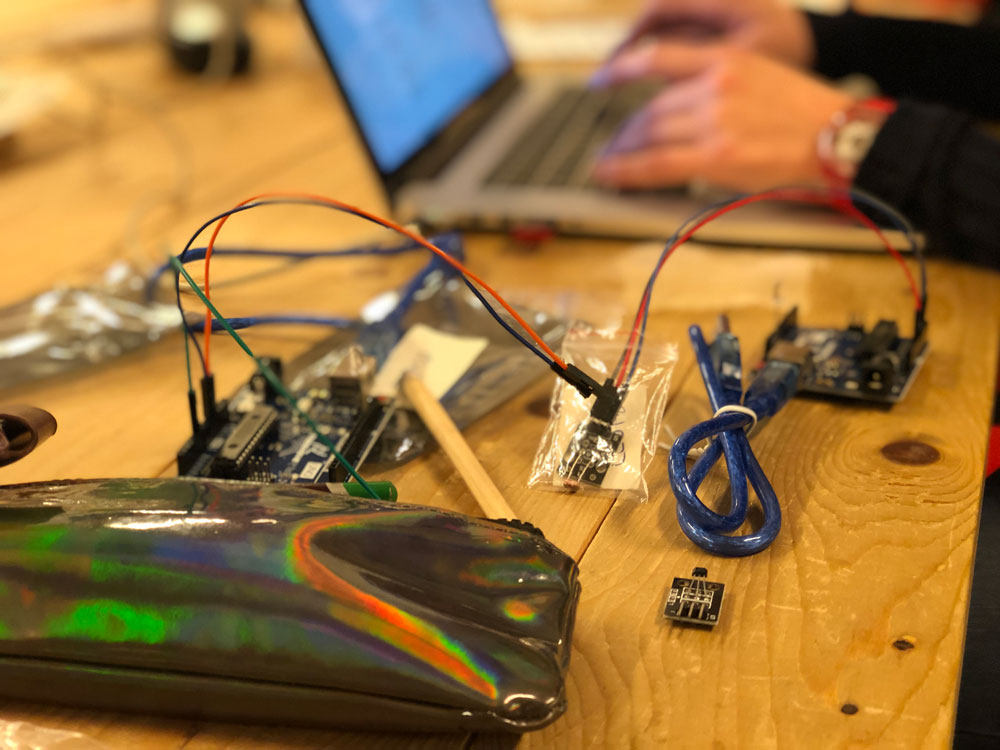
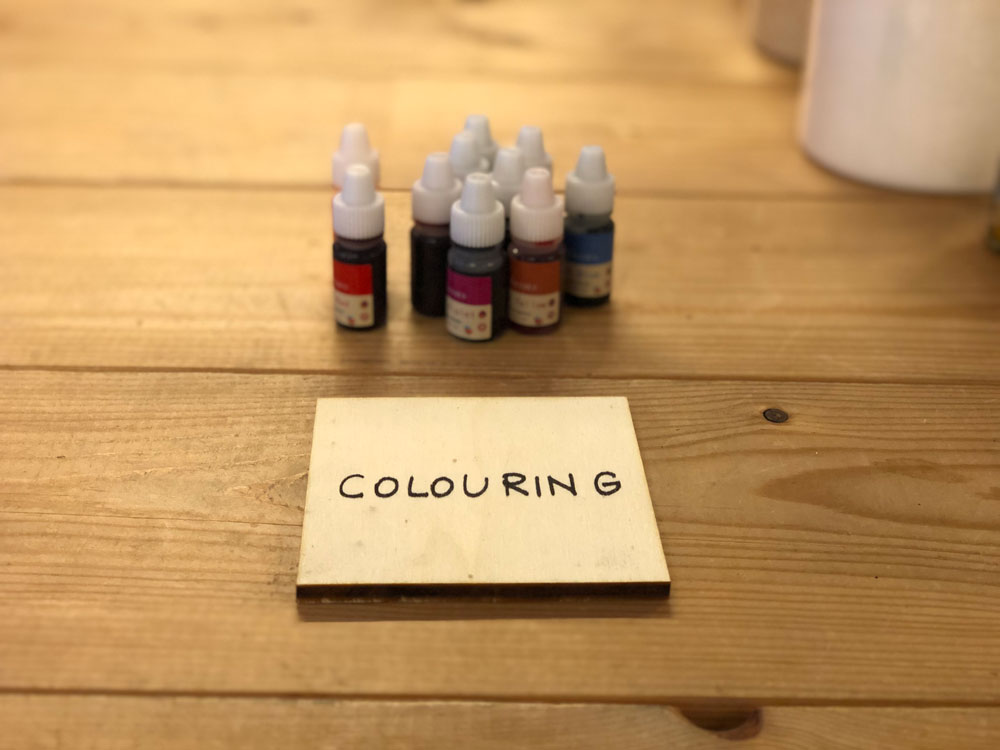
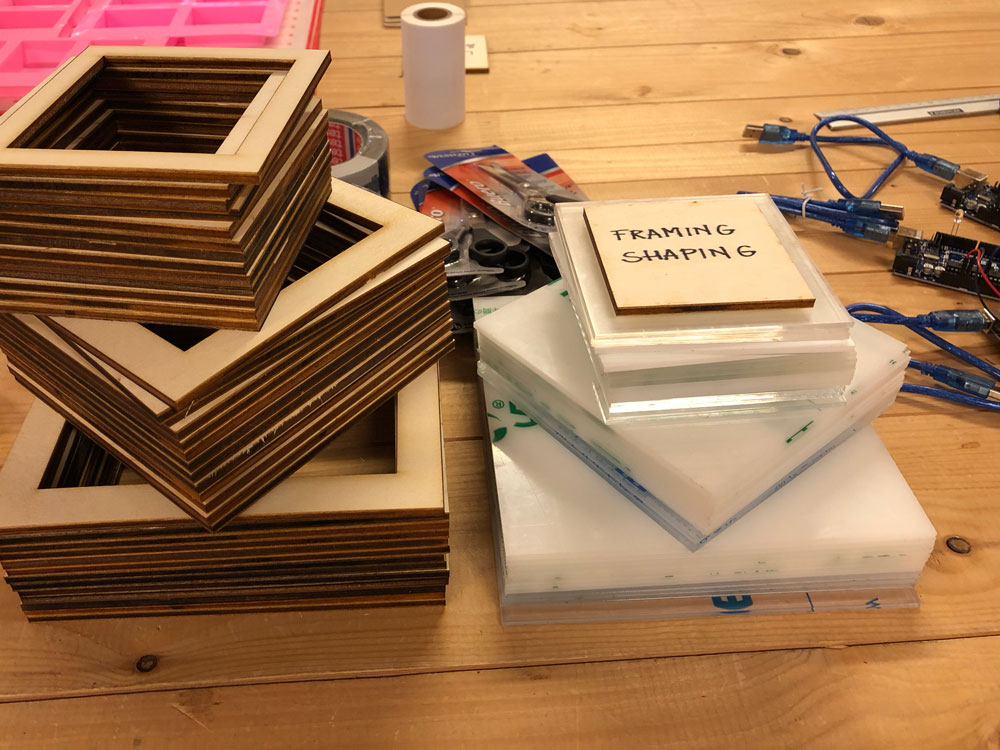
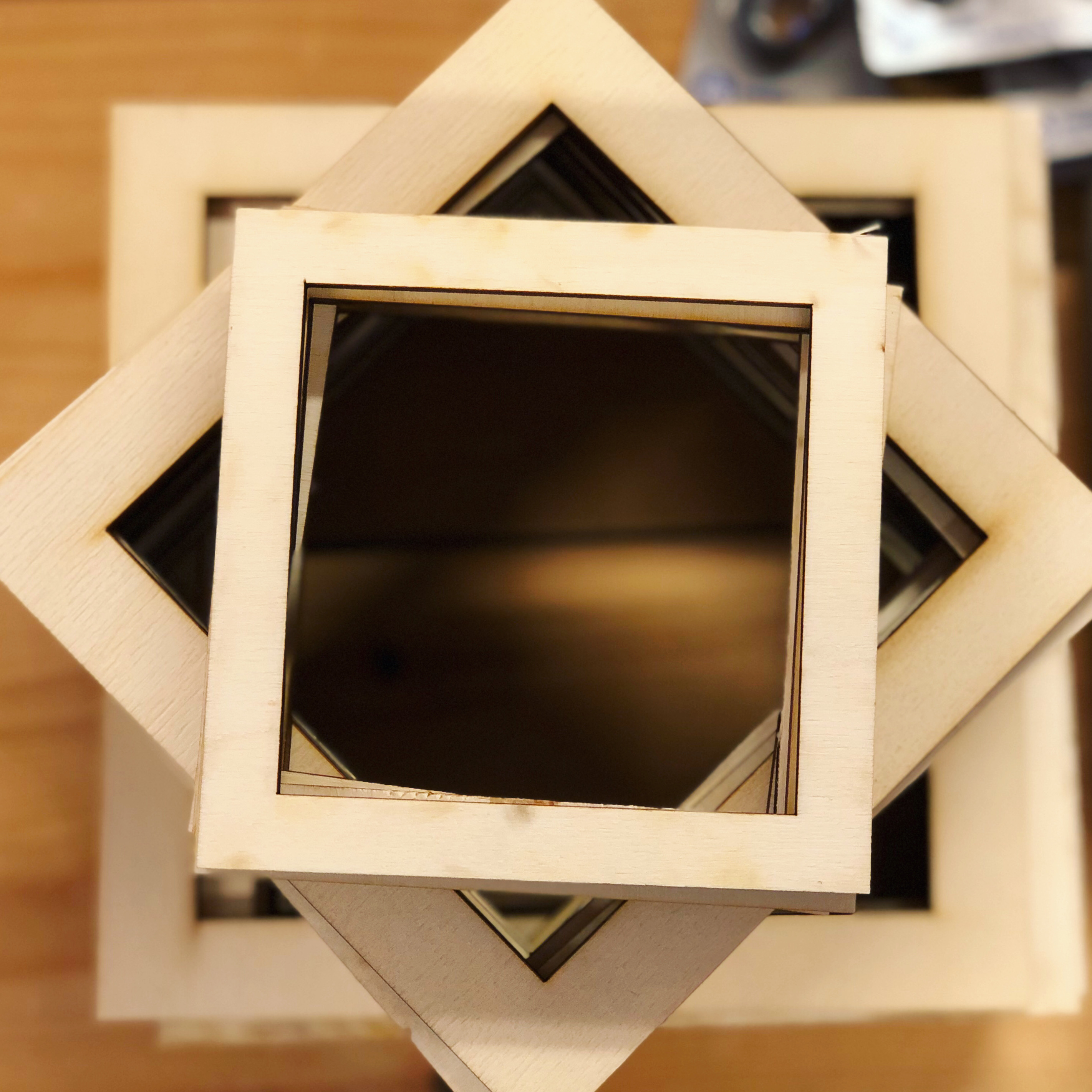
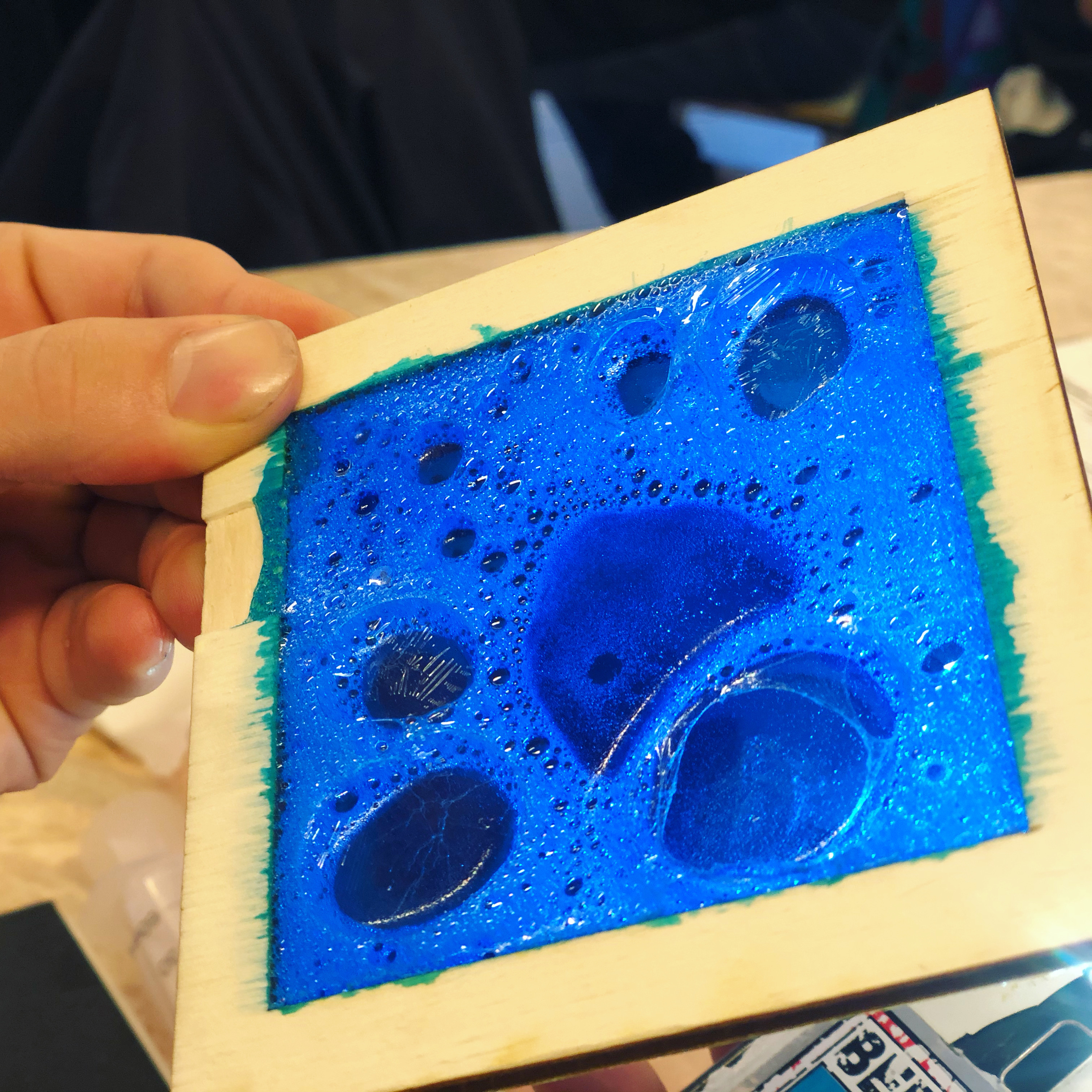
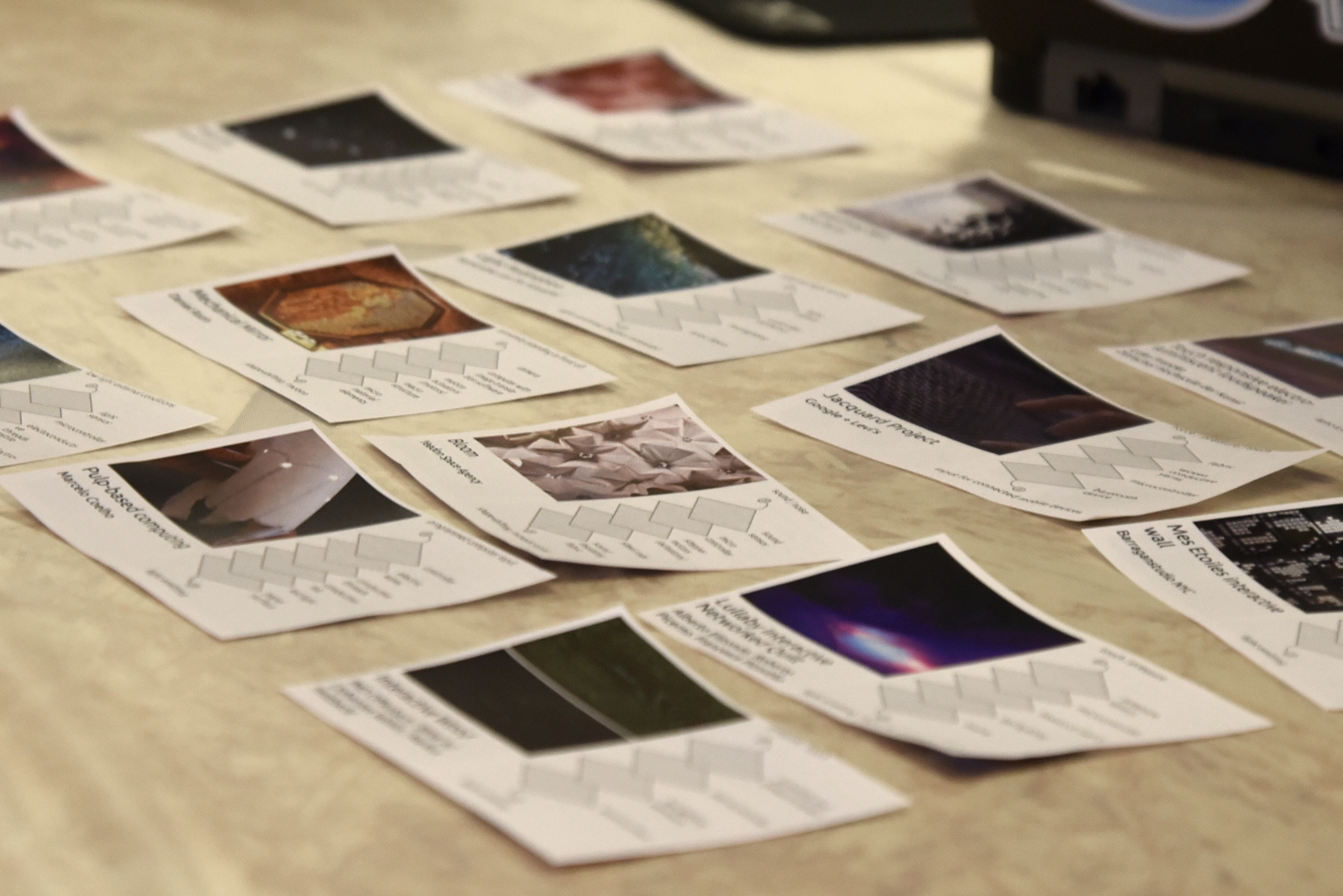
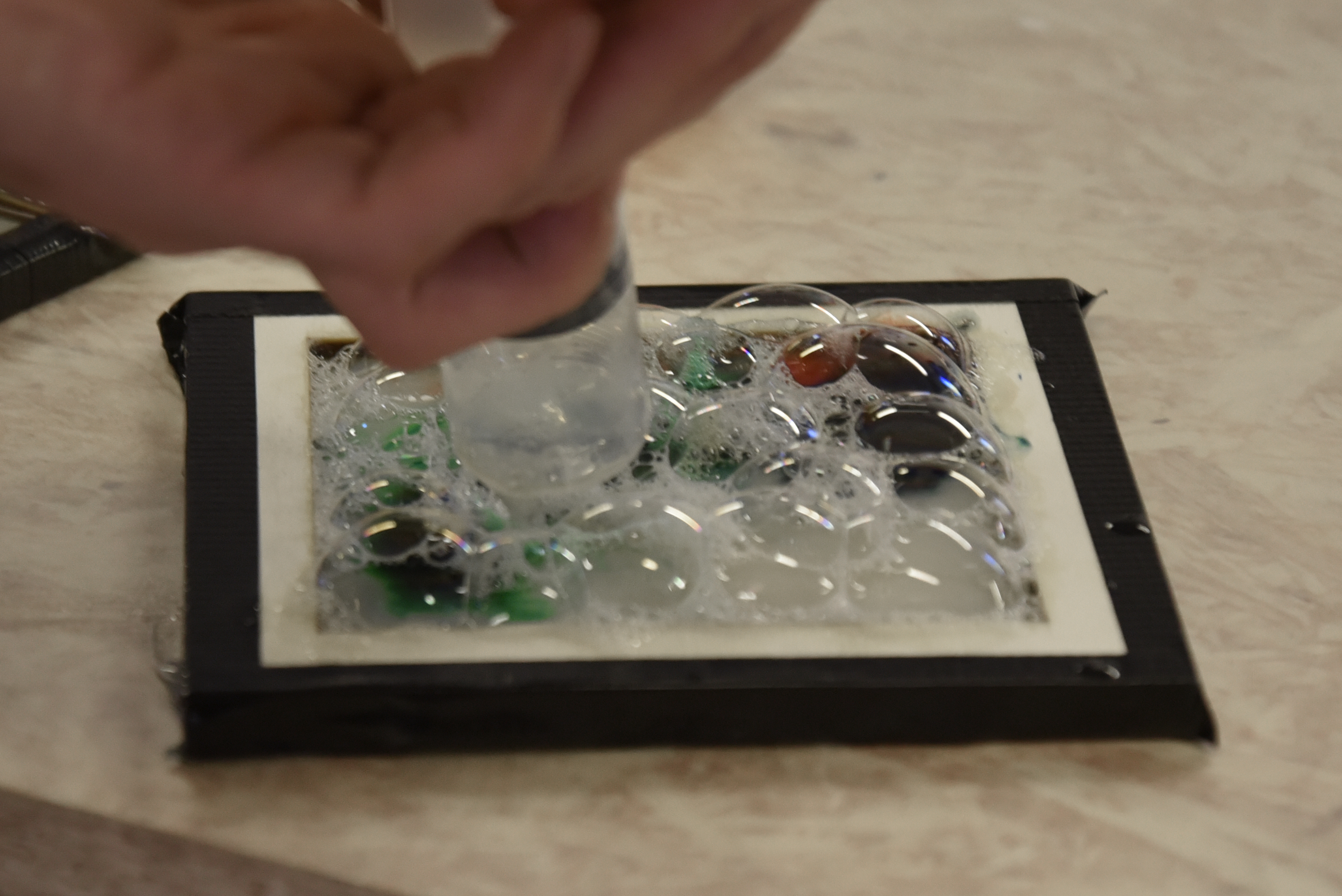
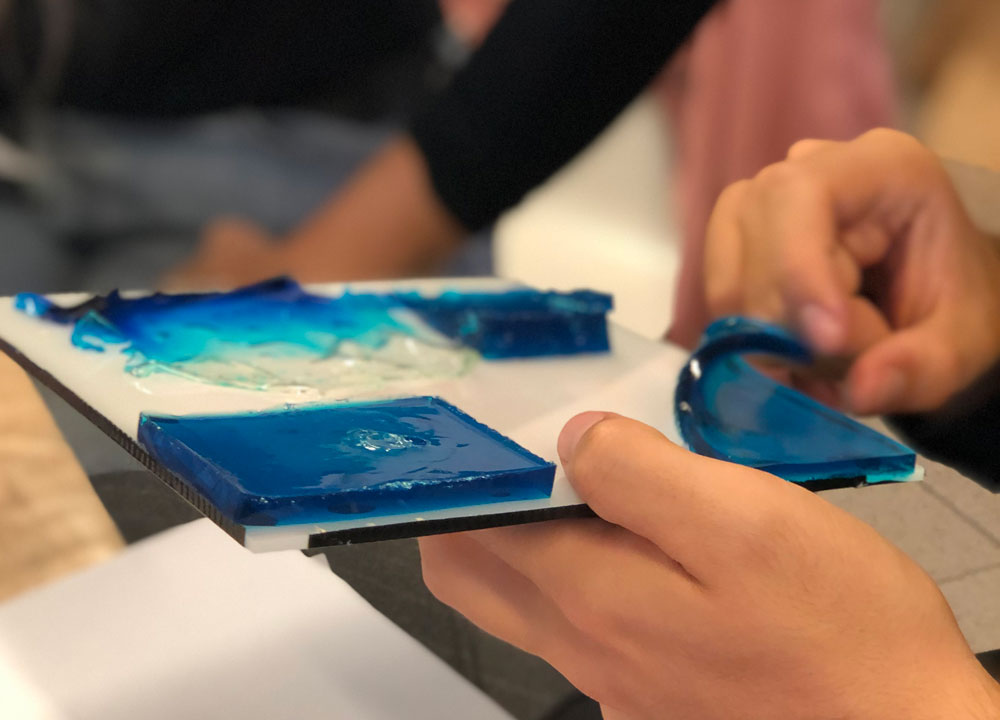
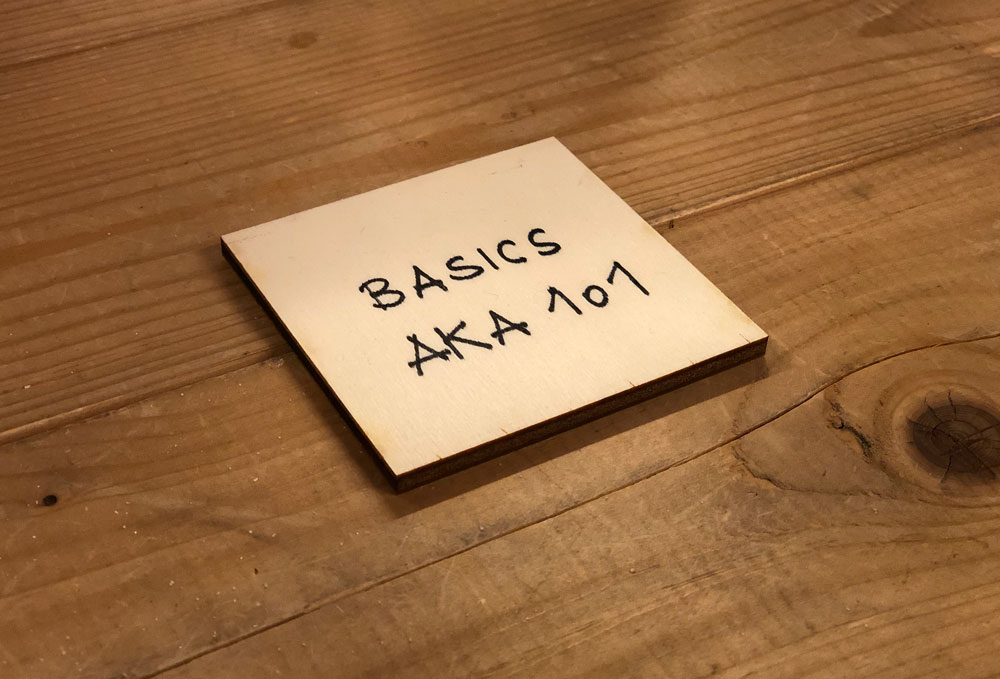
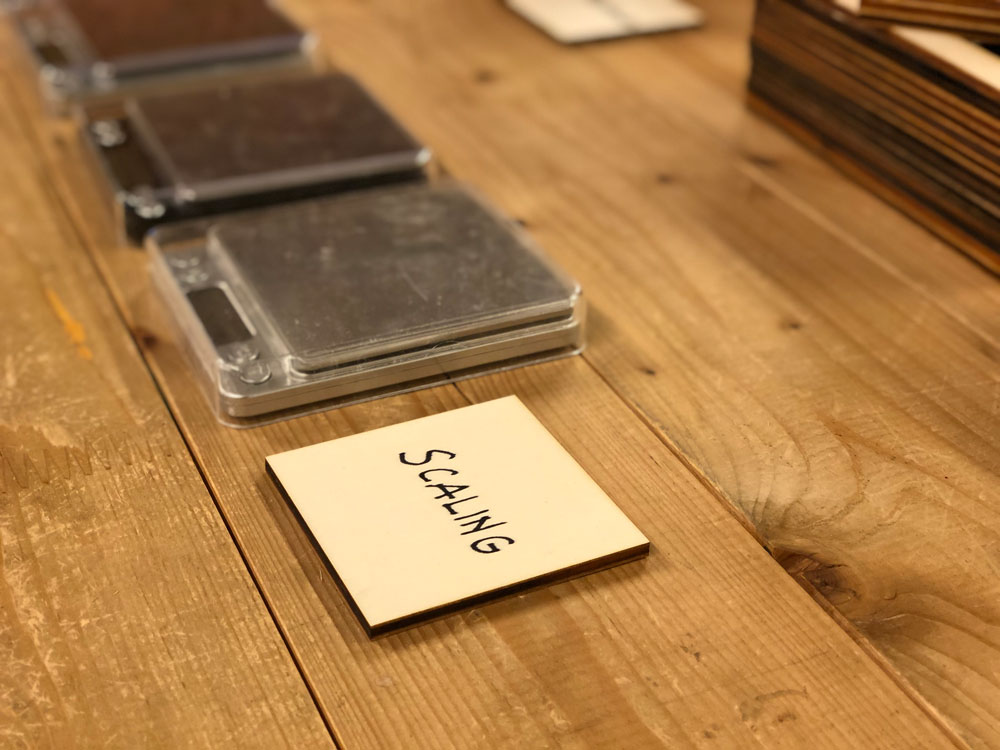
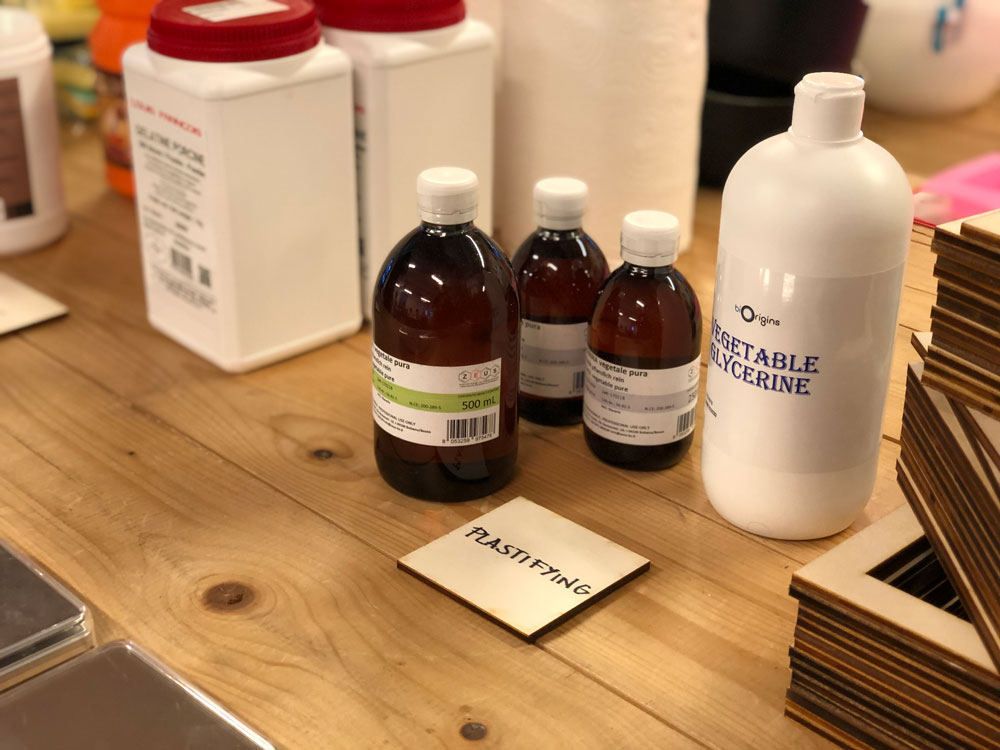
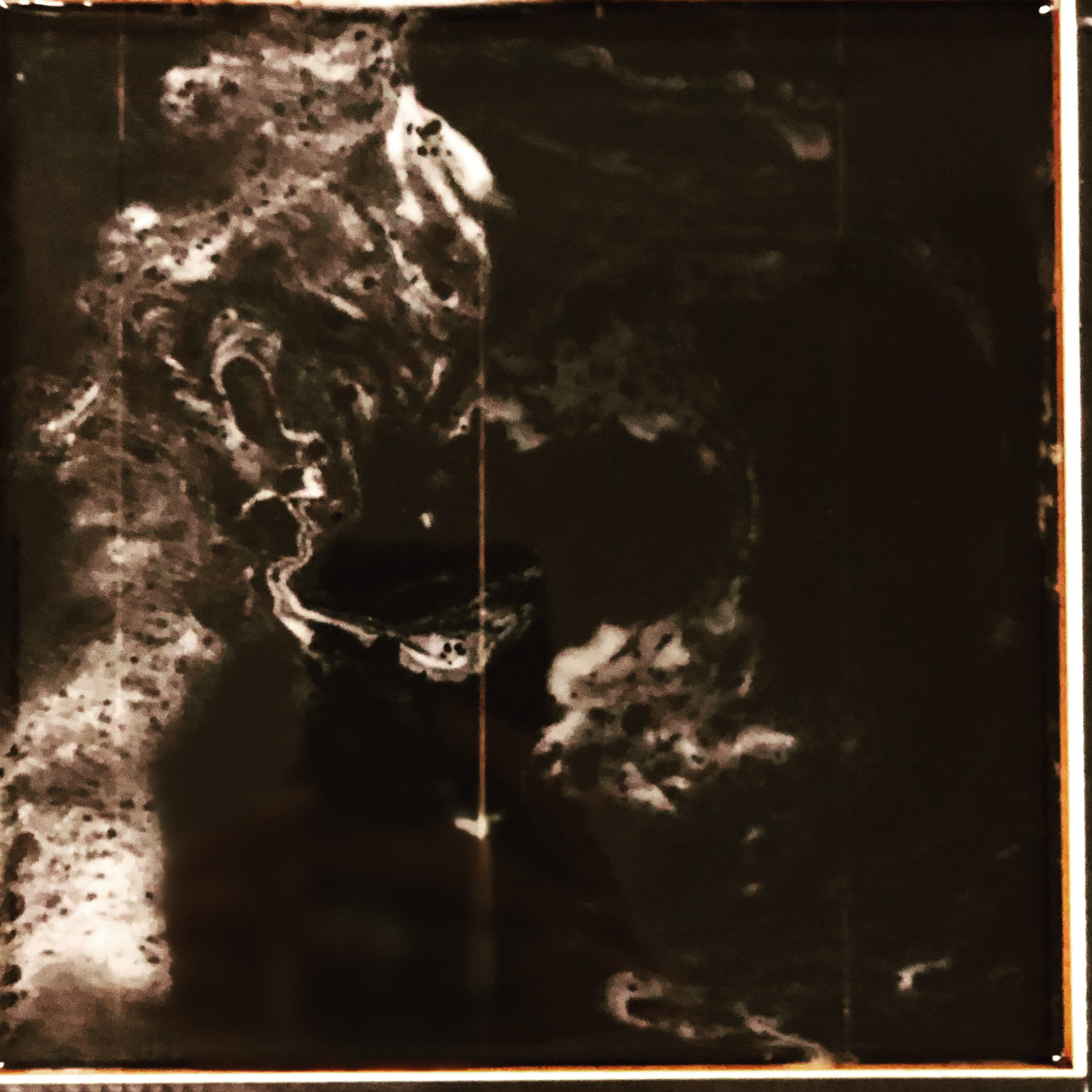
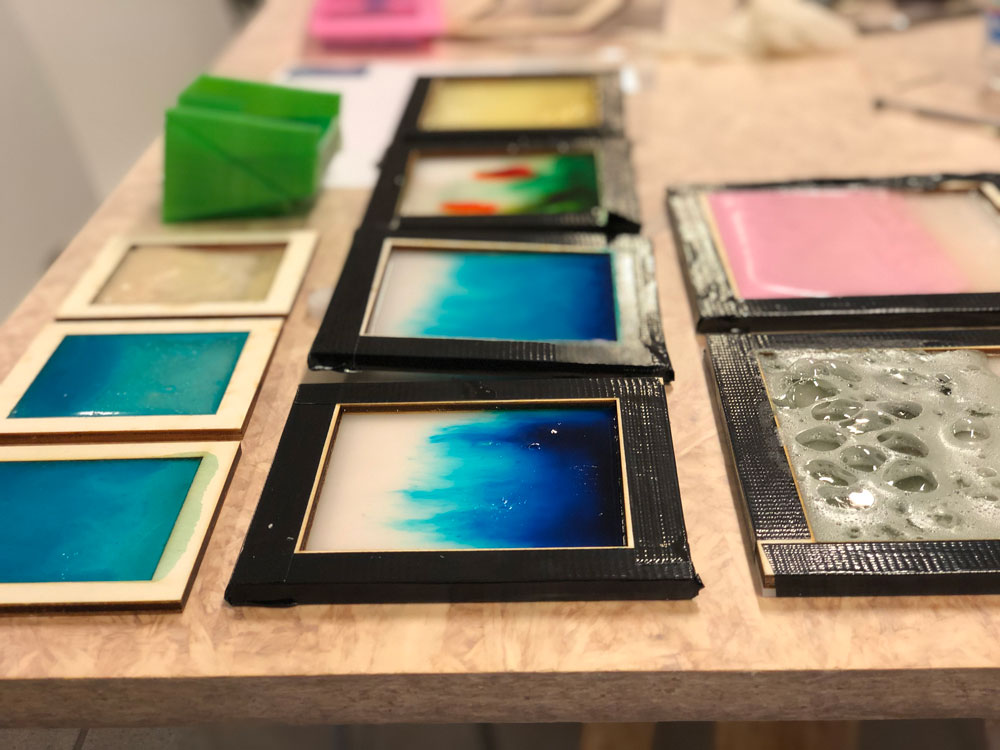
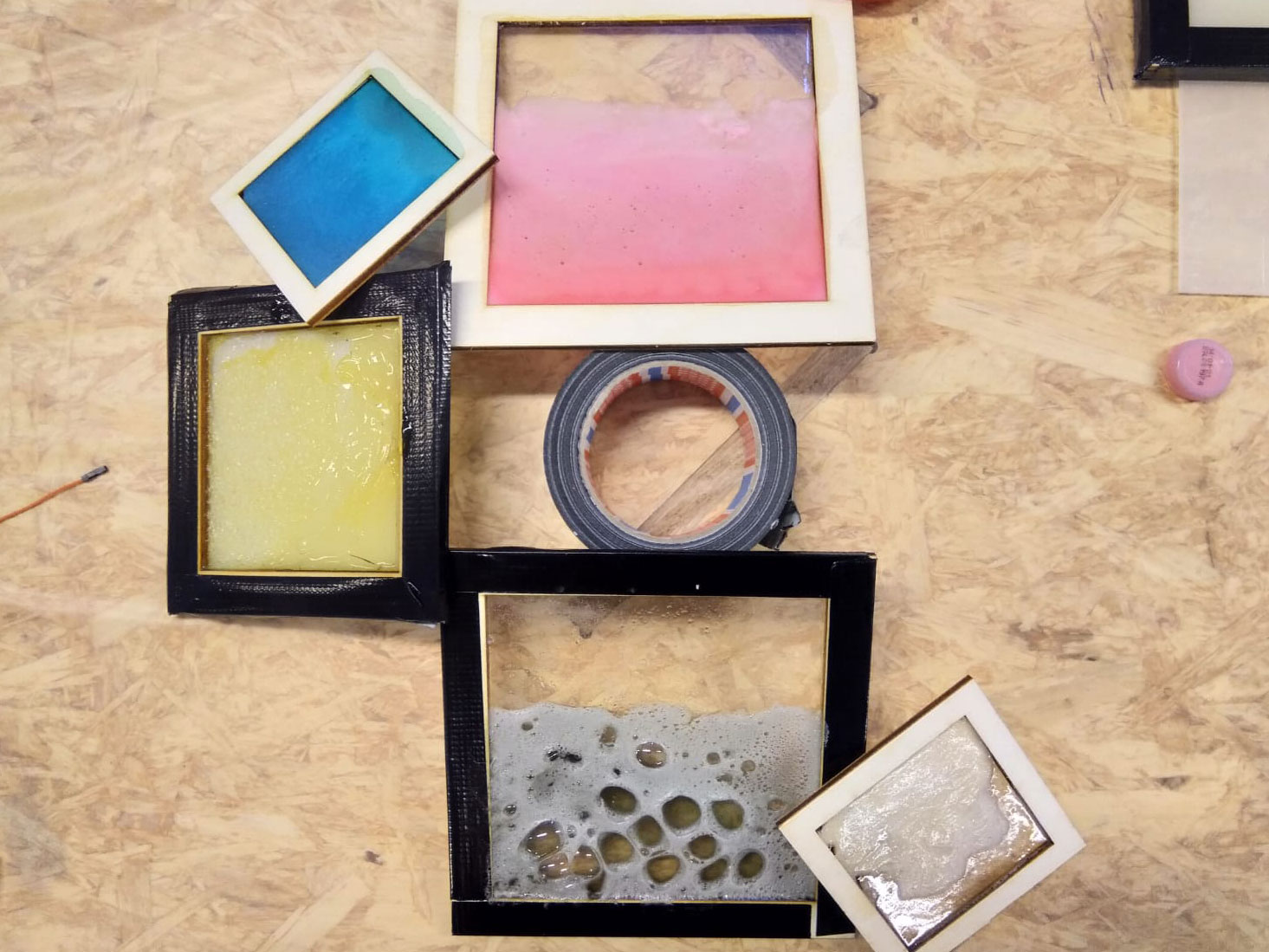
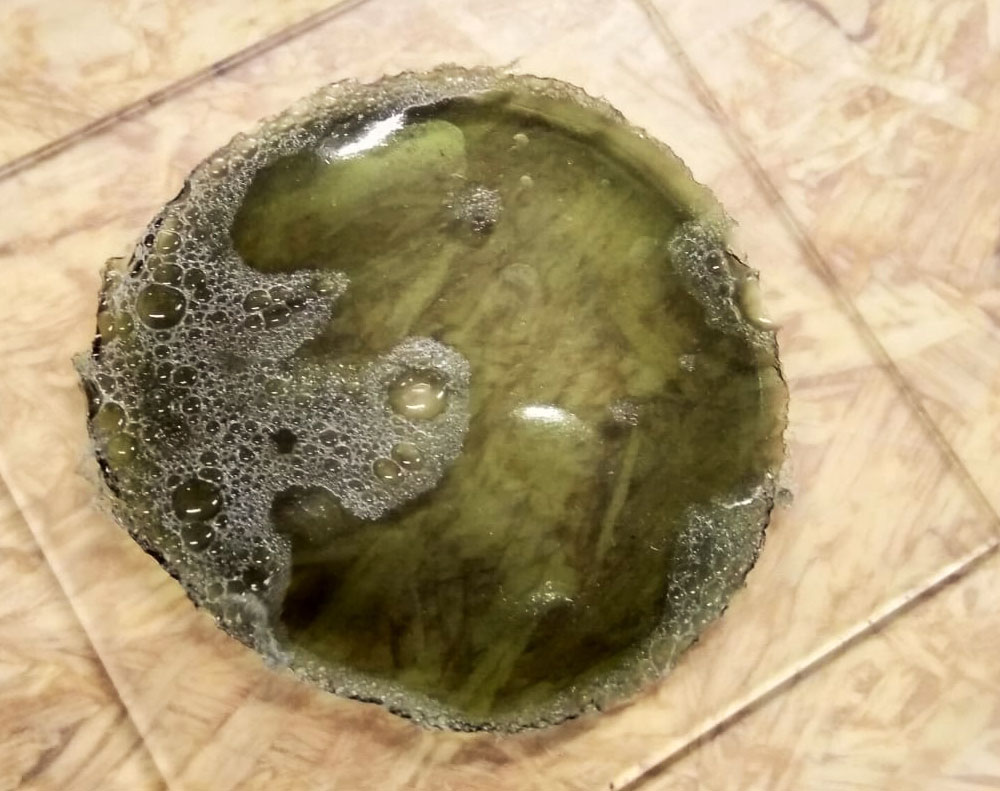
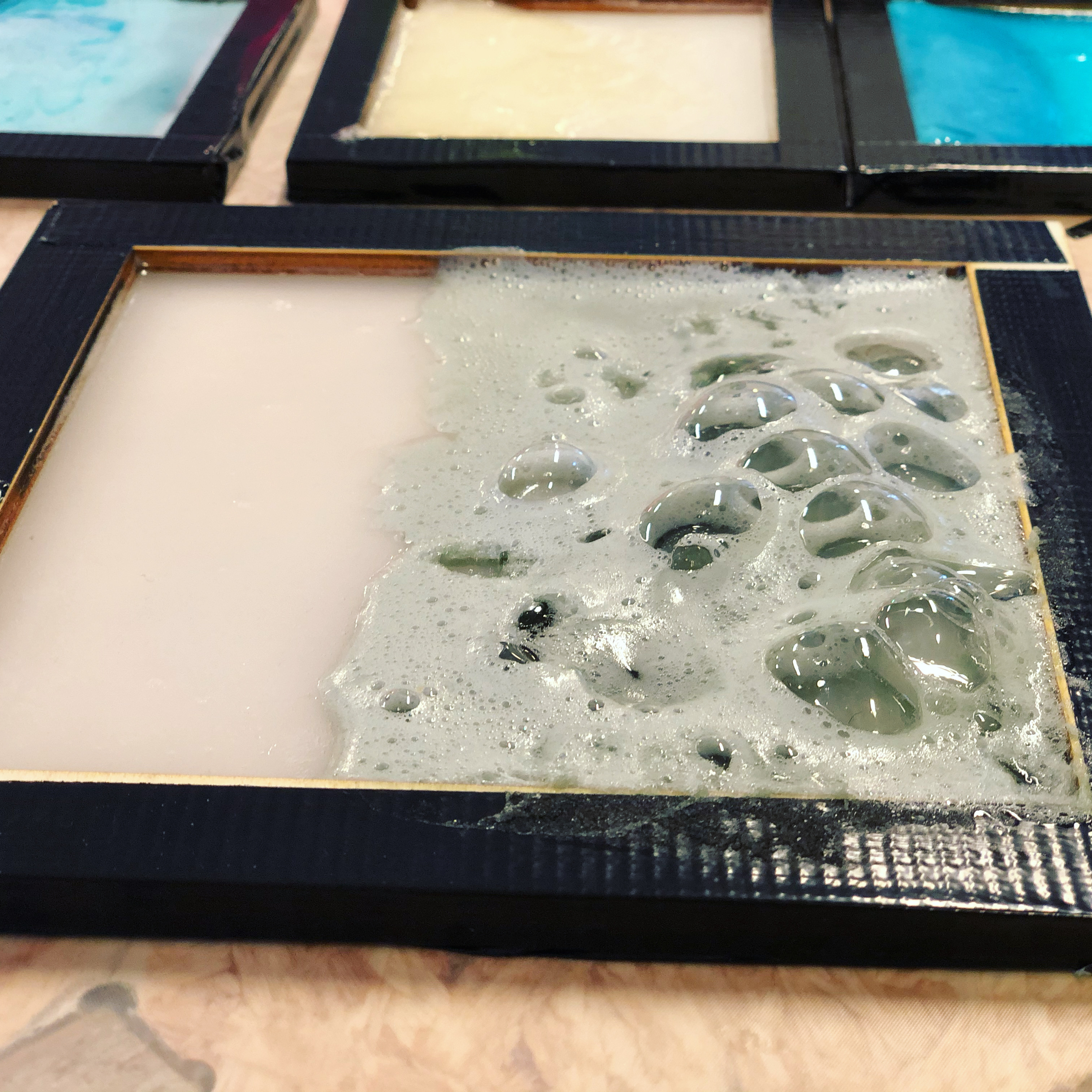
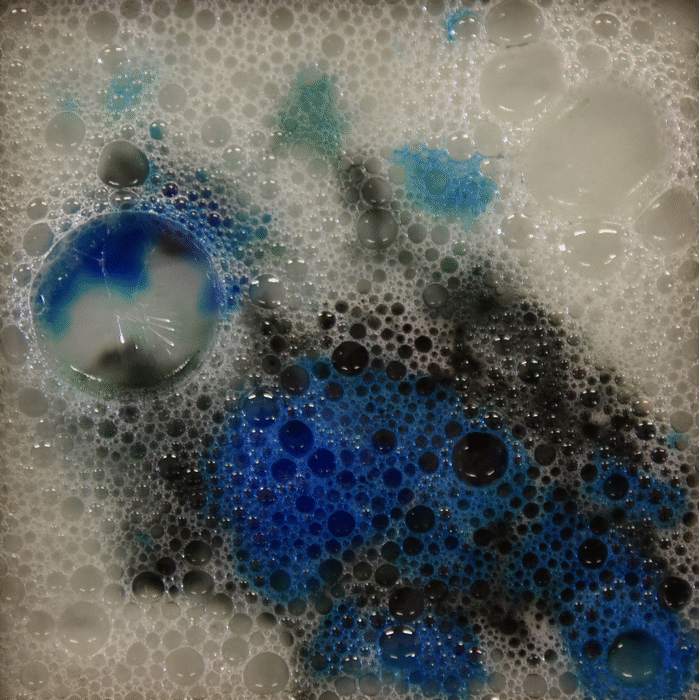
The Hackathon consisted in two days of research-through-design. An experimental approach consisting of colorful hands-on activities, where we applied the theoretical framework developed during the project, using our formats, methods, and tools.
Stimulated by a set of future scenarios, participants developed ideas of interactive products informed by data. We cooked bio-polymers, following a do-it-yourself approach to make manifest their concepts. Then, smart components were added by programming sensors and actuators using Arduino.
The results are responsive material-based diegetic prototypes able to react to external stimula or inputs, delivering specific information.
You can get a clear glance… just by looking the pictures!
